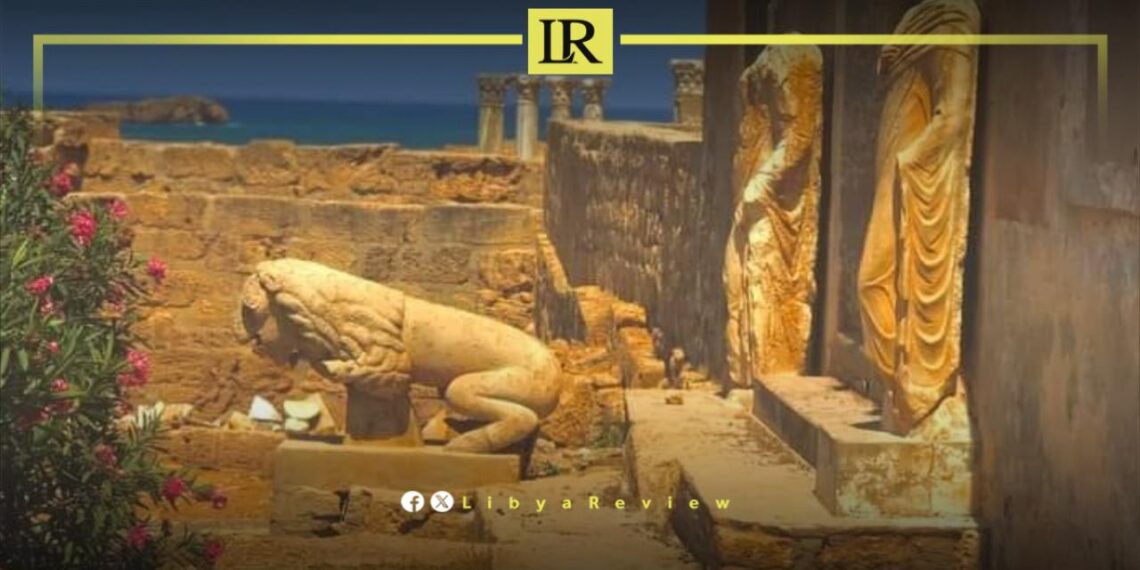The Libyan Government of National Unity (GNU) has announced the resumption of the French archaeological mission’s work in the country after a 12-year hiatus. According to a statement from the Tripoli-based government, the Department of Antiquities confirmed that the mission has begun its seasonal work in the ancient city of Soussa.
This achievement marks a significant milestone in the efforts to support cooperation in the study, preservation, and maintenance of Libya’s historical sites. The return of the French archaeological team is expected to bring valuable expertise and resources to the ongoing efforts to protect Libya’s rich cultural heritage.
The Department of Antiquities expressed its satisfaction with the renewed collaboration, highlighting the importance of such partnerships in enhancing the understanding and conservation of archaeological treasures in the region. The French mission’s return is seen as a positive step towards rebuilding international cooperation and restoring Libya’s status as a key destination for archaeological research.
The ancient city of Soussa, known for its historical significance and archaeological value, is expected to benefit greatly from the renewed activities. The mission’s work will include excavation, documentation, and preservation of artefacts, contributing to the broader goal of safeguarding Libya’s cultural legacy.
The resumption of the French archaeological mission’s work in Libya is a testament to the enduring importance of international cooperation in the field of archaeology. It underscores the shared commitment to protecting and preserving the world’s cultural heritage, despite the challenges posed by political instability and conflict.
As the French team resumes its activities, there is renewed hope for further discoveries and advancements in the understanding of Libya’s ancient history. The collaboration is expected to yield significant findings that will enrich the global knowledge of the region’s past and promote cultural exchange.
This development highlights the resilience and dedication of those involved in the preservation of Libya’s archaeological sites. It serves as a reminder of the critical role that international partnerships play in safeguarding cultural heritage for future generations.
In May, the Ministry of Interior of the Government of National Unity (GNU) received a state-of-the-art surveillance camera system for the Sabratha archaeological site from the European Union Mission in Libya.
The handover ceremony was attended by the Mayor of Sabratha, the local Archaeological Supervisor, representatives from the Gubabis company, and experts overseeing the training of members of the Tourist Police and Antiquities Protection Unit.
This initiative is part of the ongoing cooperation between the Ministry of Interior and the EU Mission, aimed at enhancing the skills and efficiency of the Tourist Police and Antiquities Protection Unit members.


